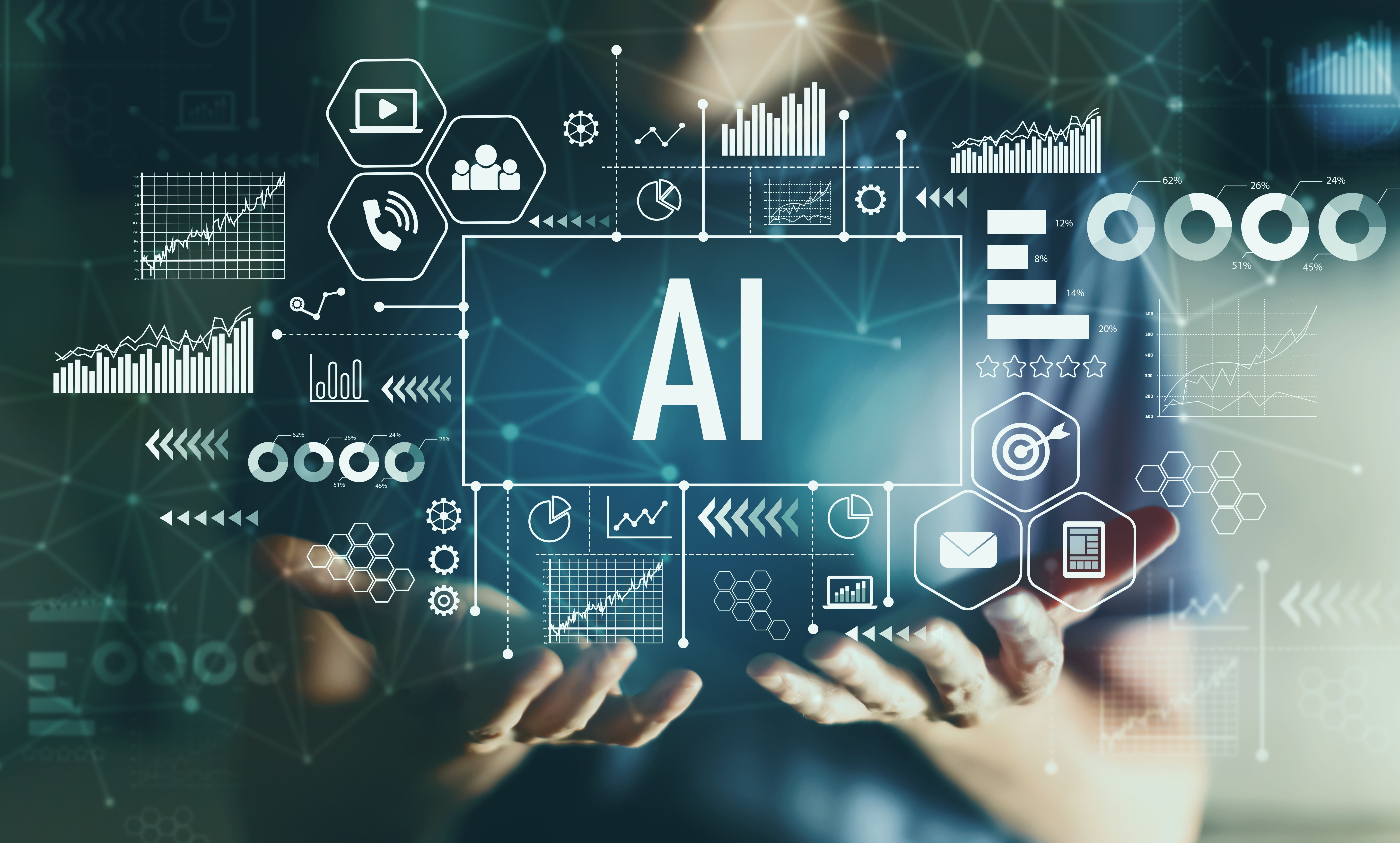Article
Employees Frequently Using AI Systems Are More Likely to Experience Loneliness, Insomnia
Author(s):
Employees who did frequently use AI systems were more than likely to offer help to fellow employees, though it could have been a response to their loneliness.
Employees who frequently interact with artificial intelligence (AI) systems are more likely to experience loneliness leading to insomnia and increased after-work drinking, according to the results of a study published in the Journal of Applied Psychology.
Credit: Tierney - stock.adobe.com

Investigators of the study conducted 4 experiments in the United States, Taiwan, Indonesia, and Malaysia, and the findings were consistent across cultures.
“The rapid advancement in AI systems is sparking a new industrial revolution that is reshaping the workplace with many benefits but also some uncharted dangers, including potentially damaging mental and physical impacts for employees,” Pok Man Tang, PhD, an assistant professor of management at the University of Georgia, said in a statement. “Humans are social animals, and isolating work with AI systems may have damaging spillover effects into employees’ personal lives.”
However, investigators also said that employees who did frequently use AI systems were more than likely to offer help to fellow employees, though it could have been triggered by their loneliness.
Additionally, the results demonstrated that individuals who have higher levels of attachment anxiety—the tendency to feel insecure and worried about social connections—responded stronger to working with AI system in both positive and negative capacities.
In the experiment in Taiwan, 166 engineers at a biomedical company worked with AI systems and were surveyed over 3 weeks about their feelings of loneliness, attachment, anxiety, and sense of belonging. Additionally, coworkers rated individuals on their helpful behaviors and family members reported on the individual’s insomnia and after-work alcohol consumption.
Individuals who worked more frequently with AI were more likely to experience loneliness, insomnia, and increased after-work alcohol consumption, but also demonstrated helpful behaviors toward coworkers.
In the experiment in Indonesia, among 126 real estate consultants with a property management company, half were told to not use AI systems for 3 consecutive days while the other half were told to use AI as much as possible. The investigators found findings similar to the results in Taiwan, except there was no association between the frequency of AI use and after-work alcohol consumption.
They also reported similar results from an online experiment with 214 full-time working adults in the United States and 294 employees at a technology company in Malaysia.
“Mindfulness programs and other positive interventions also might help relieve loneliness,” Tang said in the statement. “AI will keep expanding so we need to act now to lessen the potentially damaging effects for [individuals] who work with these systems.”
According to the statement, the findings are correlations and do not necessarily prove that working with AI systems cause loneliness or other responses, however, there is an association among them.
Tang added that developers of AI technology should consider the use of social features, including human voices, which can emulate human-like interactions. Additionally, employers could limit the frequency of work with AI and offer opportunities for employees to socialize. For example, implementing team decision-making and other tasks where social connections are important while AI should be used to focus on tedious and repetitive tasks.
References
Loneliness, insomnia linked to work with AI systems. News release. EurekAlert. June 12, 2023. Accessed June 16, 2023. https://www.eurekalert.org/news-releases/991959
Newsletter
Stay informed on drug updates, treatment guidelines, and pharmacy practice trends—subscribe to Pharmacy Times for weekly clinical insights.






